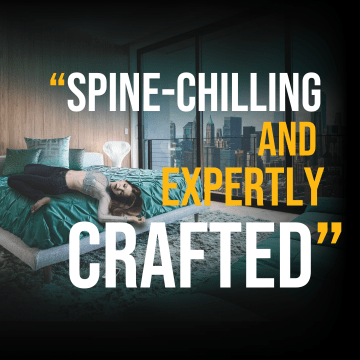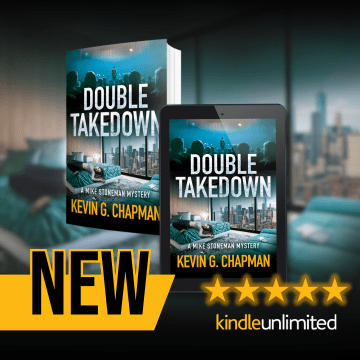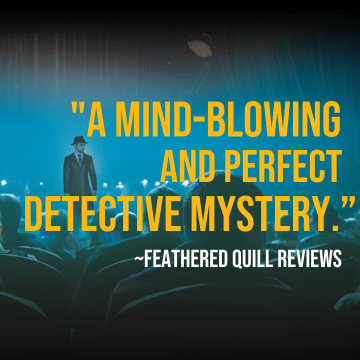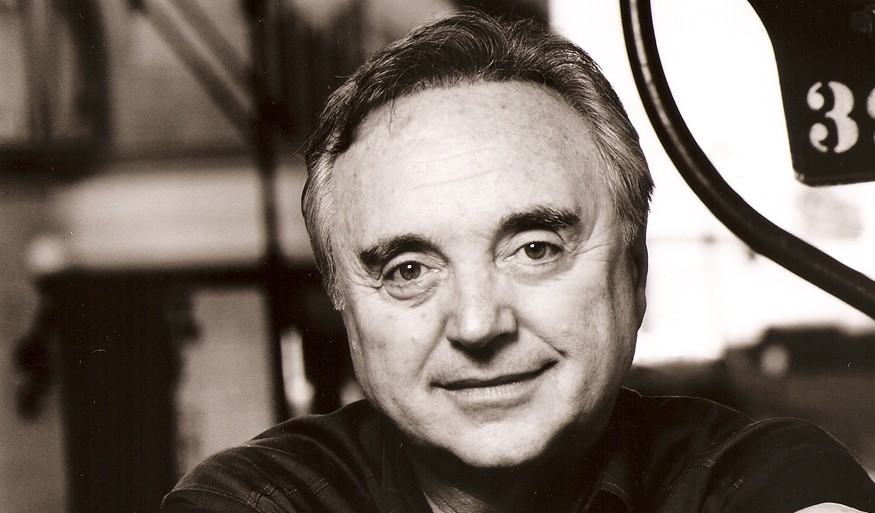
Best known as the author who wrote The War of the Roses – adapted for film starring Danny DeVito, Michael Douglas and Kathleen Turner – Warren Adler is a writer who has dabbled in a variety of genres. Pschological thrillers, political thrillers, cosy mysteries and more have all flowed from his pen. Now in his 80s, he’s still constantly writing, has a huge online following and has a number of films in development. His novels are being released as audiobooks all the time, including his Fiona Fitzgerald political thrillers. And, he’s also on a mission to help up and coming writers gain publicity. He is a leading self-published author, too. As The War of the Roses begins a new lease on life as a play on US stages, we decided to ask Warren a few questions about his career and writing…
What was it that gave you the passion for writing when you first started out?
My mother was an avid reader which probably subconsciously gave me the idea that writing was an important vocation. But my real inspiration was my freshman English teacher at NYU: Don M Wolfe. He was truly the one who put the idea in my head that I might have the talent to pursue a career in the writing game.
As for writing crime fiction, I discovered that calling living in Washington, DC for many years. Writing crime thrillers gives me the opportunity to look behind the veil of politics and illustrate how crime afflicts those in the power structure. Fiona Fitzgerald, my police detective heroine, is the daughter of a senator who has grown up in Washington and knows all the players behind the scenes of the political world. She knows their motivations, habits and peculiarities. My Fiona series is about the political world of Washington, not exclusively about the traditional criminal elements in most crime fiction.
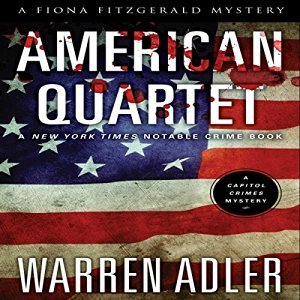
Which classic crime author has inspired you most?
I am a great fan of Elmore Leonard. His creative style is so compelling and his plots and characters are truly original. I was less inspired by other crime writers – my Fiona Fitzgerald series as I’ve stated is more about the motives of our political class than crime per se.
You were ahead of the curve as far as electronic publishing is concerned – how has that helped in the long run?
The motivation for my own authorial decision to turn my back on traditional publishers was both psychological and entrepreneurial. I am a Depression baby – my father was hard hit during the Depression and it was difficult for him to get and hold a job. He was always at the mercy of others, and I vowed early on never to be beholden to others to make my living.
Controlling my own destiny has always been one of my principal obsessions. Technology offered me the gift of independence and self-sovereignty; and I jumped at it. I was right about how the digital book publishing business would impact the independent bookstores and the big box chains. Indeed, the massive mudslide engulfing brick and mortar bookstores continues, relentlessly and unabated. Electronic publishing gives me the freedom to write what I choose to write without middle men who might second guess my work. After publishing 27 novels through legacy publishing I struck out on my own, enabled by technology, and published nearly an equal number of novels without any interference or having to bend my desires to current market trends. It came with a price of my books not being shelved in traditional bookstores but I have not regretted my choice for one moment. I write what I want and am a happy camper.
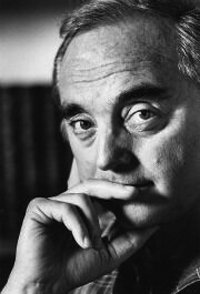
Can you tell me a little bit about how you aim to support new authors online, and how they can get involved?
I know what writers go through to be discovered and I am happy to give them an opportunity to do so by exposing them to my 312,000+ followers on Facebook. Writers of the World aims at uniting writers from around the globe and all walks of life who share one essential passion: the need to tell stories. Writers reflect on pivotal experiences that have shaped their journeys as storytellers. There is so much creative energy pulsing around the world. I feel it every time I receive emails from aspiring writers who come from diverse backgrounds and who have such unique and varied perspectives. My day is always that much brighter when I can connect with someone whose experience is so different from mine and yet so identifiable. I wanted to build something that would give voice to the amazing writers out there, many of whom have done remarkable things or endured tremendous struggle and have turned to writing to share their experiences and inspire others. Renowned indie and mainstream authors and leaders within the writing community as well as students and faculty from universities have shared their reflections. Contributions are 250 words or less, and writers are welcome to include a photo of themselves, as well as share their official websites. Contributions are featured on my official website. I have always supported aspiring writers and was also the first to sponsor a short story contest online called the Warren Adler Short Story Writing Contest when I lived in Jackson Hole, Wyoming.
You’re perhaps most famous for writing the novel The War of the Roses, which was made into a very entertaining movie. What was that experience like and what advice have you got for anyone interested in writing dark humour?
Dark humour must have a purpose, a hidden agenda that goes beyond genre. ‘Roses’ is a critique of a consumer-corrupted society and illustrates how people can be destroyed by their possessions. The War of the Roses was written more than 40 years ago and is now a permanent part of the culture. It has just made its North American debut as a live stage play to rave reviews. I wrote the sequel, The Children of the Roses, a number of years ago to explore the aftermath of divorce and how children are affected.
What did you enjoy most about writing your Fiona Fitzgerald series, set in the political strata of Washington, DC?
Fiona is different. I have fallen in love with her. She has become my eyes, ears and throbbing brain that assess the characters I have observed in our nation’s capital where I have spent more than half of my working life. To me, she is the voice of truth about our capital’s hardcore power junkies, sinister manipulators, three-faced politicians, uncaring and inefficient bureaucrats, discouraged idealists and hardcore believers in the goodness of man. The Fiona series allows me to dig deeper into the complexities of this ménage.

Target Churchill is fairly recent too. What was it like writing an actual historical figure, and also working with the Churchill historian James C Humes?
I am truly a fan of Winston Churchill. I have indelible memories of his speeches, particularly the ‘Blood, Toil, Sweat and Tears’ speech that I heard sitting in my grandparents’ back porch in 1940 after the British retreat on the mainland of Europe. I also remember listening to the Iron Curtain speech he made in Missouri in 1946. These speeches were an inspiration and moved me immensely. I will never forget them. Winston Churchill is a hero of mine.
I spent months reading memoirs, accounts of the events leading up to the Iron Curtain speech; composing his speech in the British embassy in Washington; facts about Soviet spies who had penetrated the embassy during the war; the relationship between Churchill and Walter H Thompson, his lone bodyguard; details of the Soviet advance into Berlin; events surrounding Truman’s invitation to Churchill to speak at Westminster College in Missouri; the marvelous, true events about the famous poker game on the Presidential train en route to Missouri; and the Churchill family history at the time. It was all grist for the novelist’s mill. My research led to new characters and sub-plots. It was all so rich and intriguing that I could have spent a lifetime on the topic.
Humes’ research was impeccable, and I saw it as the foundation of a terrific story. After all, it was about an era that I had lived through and about a man who I revere. His manuscript blasted open the door of my imagination, and I looked forward to fleshing out the story with various plot points. I agreed to redo the novel based on Humes’ brilliant core idea. My only proviso, as I insist for all of my novels, was that my work was to not be edited and accepted as is. We would share all publishing proceeds and the author byline. Thankfully he agreed. Indeed, I have enormous respect for James Humes’ insight and judgment. These qualities have been carefully preserved in our collaboration. I have never collaborated before or since. We look forward to a great movie which is now in development.
Over 40 books and so many genres including psychological thrillers, political thrillers, cosies, and drama – what’s your favourite genre (or sub-genre) and why?
As an obsessive, full-time, seven-days-a-week writer, I have shied away from the conventions and restrictions of any genre. I have talked to other writers of equal obsession who are totally immersed in formulaic genre and have made a spectacular living out of the practice. I congratulate them for their discipline, persistence and focus. It’s just not, as they say, my cup of tea. Perhaps I am conditioned by the influences of the great English, Russian and European novelists and certain 20th century American writers, which motivates me to find ways around genre restrictions. To do so is definitely a handicap commercially, but it is hard to beat in creative satisfaction. Note I have avoided loftier explanations of why I write, why I must write, and what motivates me to penetrate, through storytelling, the complexities of the human condition. After all, I am only one half of the equation. The other half constitutes the reader and their engagement in my work.
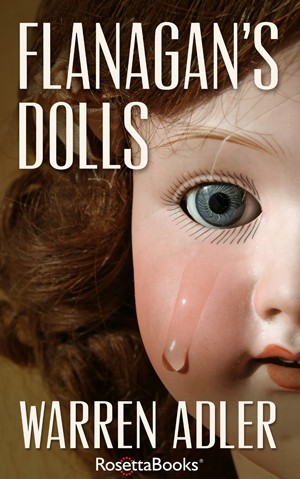
In terms of crime fiction, what’s coming next from Warren Adler?
I am noodling the possibility of making a series out of the characters in Flanagan’s Dolls. It has suddenly gained traction by readers and listeners. Doll collectors and aficionados have really responded to this mystery in a positive way. The characters have been favorably compared to Nick and Nora Charles of the Thin Man movie series based on the novel by Dashiell Hammett. I loved the movies and have seen them over and over again.
Anything you’d like to add?
What I have learned from my decision to self-publish my books is that they will never go out of print. They will always be available both online and via print on demand and they can be launched, re-launched and re re-launched periodically for the benefit of readers of present and future generations. Most novelists get their one shot launch by the traditional publishers and then either go out of print, are quickly forgotten and are rarely heard from again even if they enjoy bestsellerdom. The greatest tragedy for a writer is to be unread and forgotten. I am trying my best to avoid such a fate.
All of my titles will be on audio, eBooks and print on demand. Grey Eagle Films, run by my son Jonathan, has the rights to develop them all for film and television. He has ten of these books in various stages of development so far and there is enough on his plate for decades of films. I am proud to have presented him with this legacy and I hope it will encourage people to read my books long after I am, as they say, pushing up daisies. For the record, I love being a writer of the imagination. I can say with complete candor and honesty that, as the song made famous by Sinatra says, I did it my way and, so far, have loved every minute of it. I am one of the lucky ones.
If you’re in the US you can order the following Warren Adler audiobooks with these links: The War of the Roses, The Children of the Roses, American Quartet, Target Churchill and Flanagan’s Dolls. UK readers can order his books with the buttons below.









